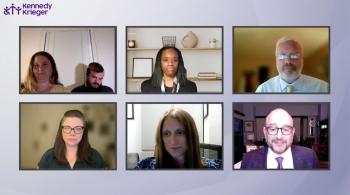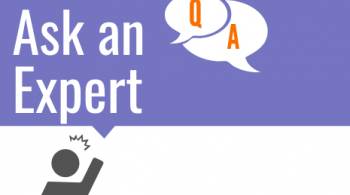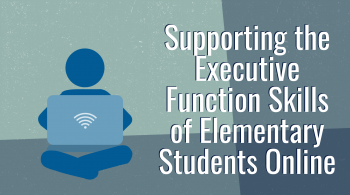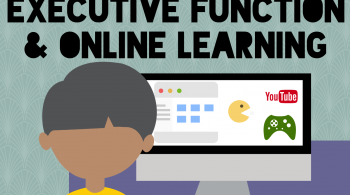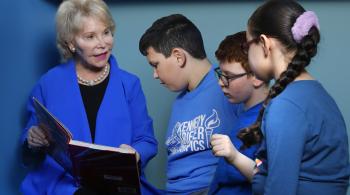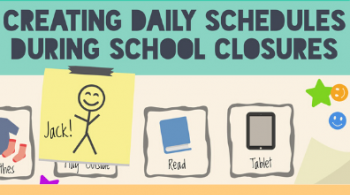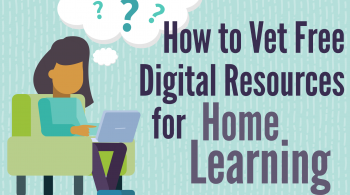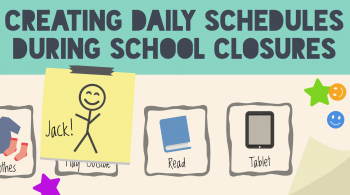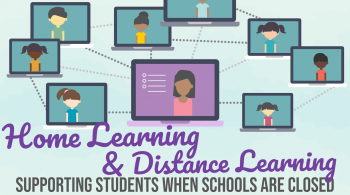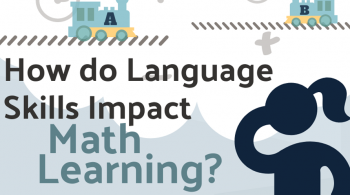By Lisa Carey
November 17, 2015
There are a lot of great books and articles about reading and literacy instruction, but, during the school year, time is in short supply. This is where digital media can help. The Center for Innovation and Leadership in Special Education has put together a list of resources that will allow you to learn more about reading and teaching literacy, even if you don’t have a lot of time to sit down and read.
- Reading Rockets Podcasts (average five minutes):
Pop these podcasts onto your smart phone’s podcast app or download them through iTunes and listen as experts in the field explain how reading skills develop and discuss ways to improve your effectiveness as a literacy teacher. The mobility of these informative podcasts means you can learn more about reading and literacy while working out at the gym, waiting in a doctor’s office, sitting in an airport, etc.
- PBS Launching Young Readers Series by Reading Rockets (average 30 minutes):
Reading Rockets partnered with PBS to bring us thirteen free episodes about literacy. You can watch the half-hour episodes online for free. If you are someone who uses social media to connect with other teachers, you can very easily start an online conversation about each of these videos. Simply select a video per week to share, watch, and discuss.
- The Brain and Reading Videos: (average 3-30 minutes):
Dr. Stanislas Dehaene’s book, Reading and the Brain offers great insight into the reading brain. But, if you’re strapped for time, you can absorb the book’s big concepts from this 30-minute video, “How the Brain Learns to Read”. Have even less time, but still want insight into what goes on in the brain when we read? Unik EduSolution’s “How does the Reading Brain Work?” video is only three minutes long and provides a quick overview of how the reading brain functions.
- Teaching Vocabulary - Content Acquisition Podcasts (average 15 minutes):
Dr. Michael Kennedy, Assistant Professor at the University of Virginia, created Content Acquisition Podcasts (CAPs) to help educators learn specific skills, such as teaching vocabulary through evidence-based practices. Dr. Kennedy also created CAPs to use in the classroom with students, so be sure to check out all of his video offerings on Vimeo!
- The What Works Clearinghouse Practice Guide: (average 5 minutes):
The What Works Clearinghouse from the Institute of Education Sciences (IES) offers an evidence-based practice guide for Improving Reading Comprehension in Kindergarten through 3rd grade. Each strategy in the guide includes a short how-to video as well as a printable version of the guide.
Finding time to advance your skills and knowledge is tough. Luckily, digital technology is making it easier to share evidence-based practices in a quick and accessible manner. Happy teaching!

